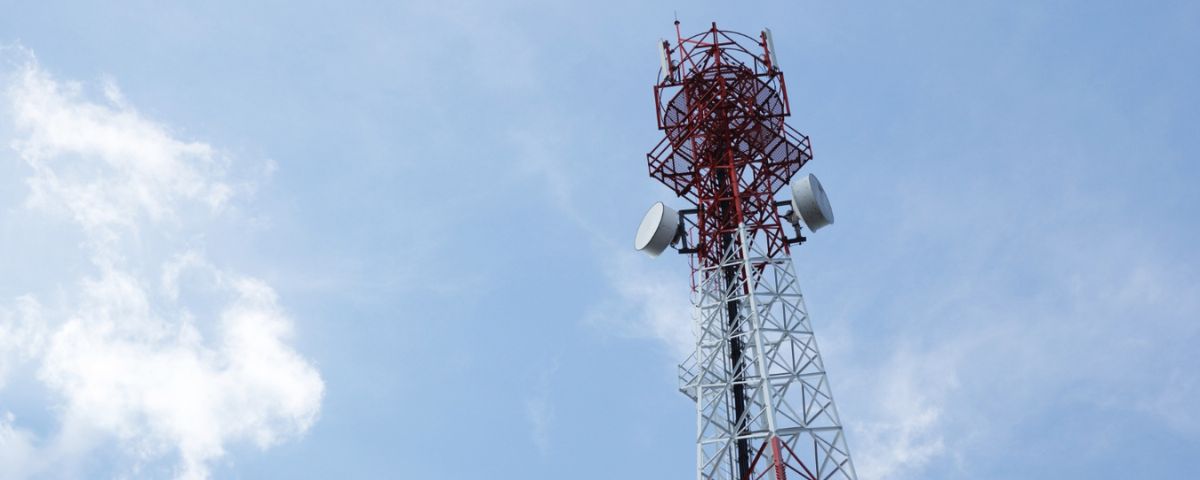
Bharat Sanchar Nigam Limited (BSNL) has reached a significant milestone by achieving 1000 4G sites under its saturation project, aiming to bring high-speed internet connectivity to rural and uncovered villages. This initiative, driven by a homegrown 4G technology stack, involves key contributions from the Centre for Development of Telematics (C-DoT) for the network core, Tejas Networks for radio gear, and Tata Consultancy Services (TCS) as the systems integrator and network maintainer.
#BSNL has achieved a milestone of 1,000 sites on air this week for our 4G saturation project, bringing connectivity to uncovered villages!#BSNL4GSaturation #4GSaturation #ConnectivityForAll #SwitchToBSNL pic.twitter.com/o0Ju5oFfKo
— BSNL India (@BSNLCorporate) July 21, 2024
The central government launched the 4G saturation project to connect 24,680 uncovered villages, investing Rs 26,316 crore through the Universal Service Obligation Fund (USOF). This effort aims to provide high-speed connectivity to users in remote areas.
In addition to the saturation project, BSNL is upgrading approximately 100,000 sites across India to 4G. The government has reserved spectrum for BSNL to facilitate the launch of homegrown 4G and 5G networks, supported by multiple relief packages announced over the past five years.
To expedite the 4G rollout and ensure accountability, India’s new telecom minister, Jyotiraditya Scindia, has mandated daily rollout targets for BSNL, with progress closely monitored by the minister and the telecom secretary. These delays have significantly impacted BSNL, leading to a rapid loss of customers. The next-generation networks are seen as critical to BSNL’s revival. While the government is running promotional schemes to bolster BSNL’s status, the success of these efforts remains to be seen.


